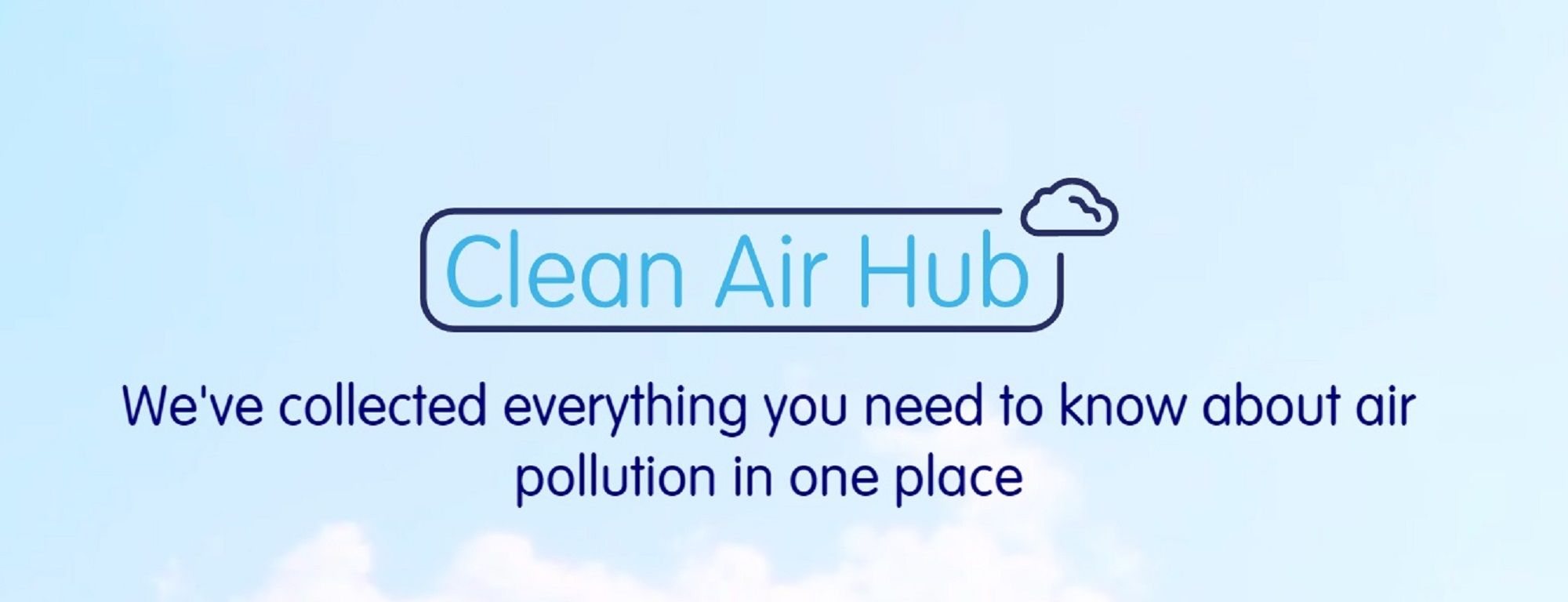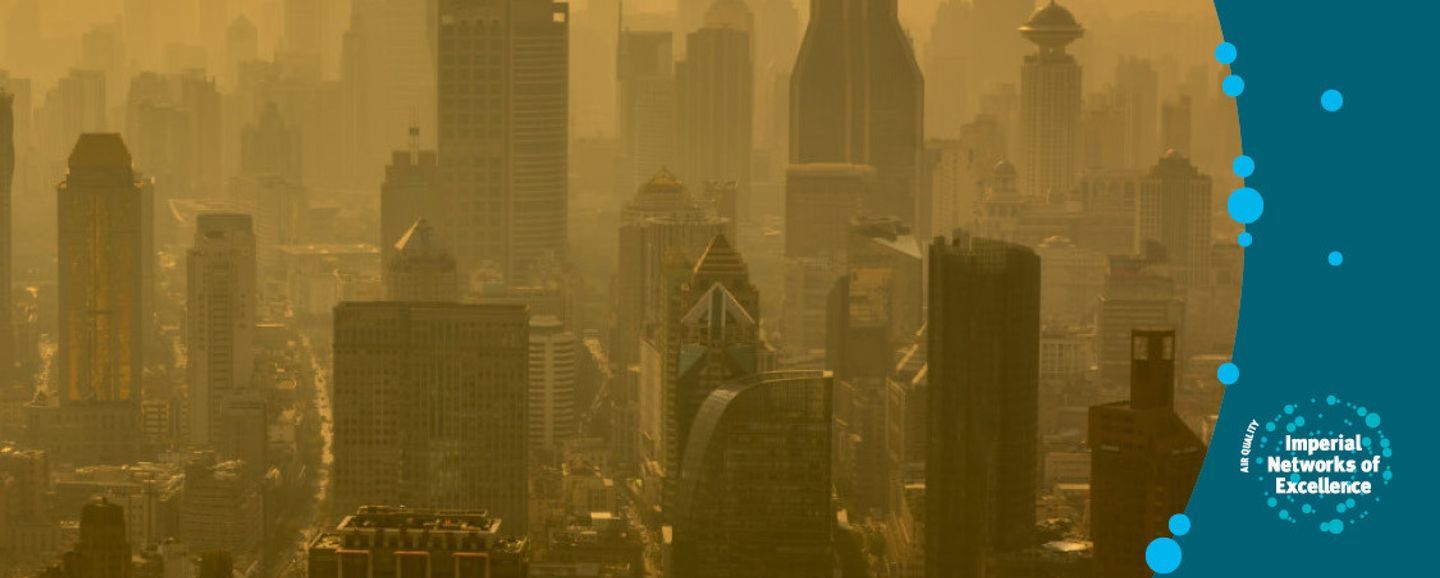
The Aerosol Science Team's research aims to understand the sources and impacts of atmospheric particles, and what action can be taken to reduce these effects.
Research
Airborne particulate matter (or aerosols), are a complex mixture of chemicals due to the number of sources (e.g. vehicle exhaust and non-exhaust, industry, power generation, domestic fuel burning, construction activities, etc) and atmospheric reactions. The Aerosol Science Team specialises in highly time-resolved measurements of aerosol physical and chemical characteristics to better understand the influence of these sources on atmospheric concentrations, and their impact on human health and the environment.
This research is based around the advanced measurement techniques in different environments focused on understanding sources and human exposure. These measurements are combined with advanced data analytical tools to offer new perspectives on source contributions in our changing environment, determine real world pollution emissions, and further refine our air pollution modelling and population exposure assessments.
Outdoor and indoor air pollution projects:
- Natural Environment Research Council - Integrated Research Observation System for Clean Air (OSCA)
- Environment Agency - UK Particle Numbers and Concentrations Network
- Environment Agency - PM2.5 Chemical Composition Dashboard
- Horizon 2020 - The Research Infrastructures Services Reinforcing Air Quality Monitoring Capacities in European Urban & Industrial AreaS (RI-URBANS)
- Health Effects Institute - Assessing the Impact of Non-exhaust Emissions from Traffic on the Asthmatic Airway (IONA)
- Engineering and Physical Sciences Research Council - Linking Particulate Matter Oxidative Potential to Atmospheric Conditions and Particle Composition
- Science and Technology Facilities Council - STFC Air Quality Network (SAQN)
- WELLHome - West London Health Home and Environment study
Transportation projects:
- Transport for London - Dust Sampling Research Study to understand the health impacts on London Underground Workers
- Medical Research Council - Exposure to particulate matter on the London Underground in healthy subjects and patients with chronic respiratory disease
- Rail Safety and Standards Board - Air Quality in Enclosed Stations
- Rail Safety and Standards Board - Air Quality on Trains
- Rail Safety and Standards Board - Onboard train particulate matter (PM) speciation study
Construction projects:
- Gas engines for off-grid power generation
- High Speed Two - Worker exposure in construction
Bioaerosol projects:
- Metagenomics and Metadesign of the Subways and Urban Biomes (MetaSUB)
- Medical Research Council - Molecular basis for transmission of Streptococcus pyogenes
- Transport for London – SARS-CoV-2 sampling and analysis
Education
- MSc Transport – David Green is a guest lecturer on the Transport Module
- Short course contributors David Green and Daniel Marsh - Impact on Urban Heath Introduction to Air Quality
- Construction Compliance Officer training programme – Daniel Marsh is delivering a modular programme, funded by Impact on Urban Health and aimed at this local authority officers, that will lead to improved compliance and regulatory outcomes whilst working with the construction industry
- National Highways (Supply Chain Sustainability School) Air Quality workshops and seminars – Daniel Marsh delivers air quality in construction and NetZero training modules, as requested by industry contractor groups, with two delivered so far in 2023
Team Members
Aerosol Science Staff
Dr David Green
/prod01/channel_3/media/images/people-list/David-Green-profile.jpg)
Dr David Green
Senior Research Fellow
Daniel Marsh
/prod01/channel_3/media/images/people-list/dan-marsh.jpg)
Daniel Marsh
Programme Manager
Anja Tremper
/prod01/channel_3/media/images/people-list/Anja-Tremper.jpg)
Anja Tremper
Research Fellow
Max Priestman
/prod01/channel_3/media/migration/faculty-of-medicine/max-priestman_1624030220343_x4.jpg)
Max Priestman
Research Associate
Carl Desouza
/prod01/channel_3/media/images/people-list/Carl-Desouza-profile.jpg)
Carl Desouza
Research Assistant
Michael Hedges
/prod01/channel_3/media/migration/faculty-of-medicine/micahel-hedges_1624030470443_x4.jpg)
Michael Hedges
Research Postgraduate
Dr Gang Chen
/prod01/channel_3/media/images/people-list/Gang-Chen.jpg)
Dr Gang Chen
Research Associate
Dr Steven Campbell
/prod01/channel_3/media/images/people-list/Steven-Campbell-headshot.jpeg)
Dr Steven Campbell
Marie Curie Fellowship
Students
Aerosol Science Students
Justie Mak
/prod01/channel_3/media/migration/faculty-of-medicine/justie-mak_1643800772336_x4.jpg)
Justie Mak
Research Postgraduate
Social media
Keep up to date by following us on our social channels
Twitter: ERGImperial | YouTube: Environmental Research Group
/prod01/channel_3/media/images/people-list/David-Ek.jpg)


